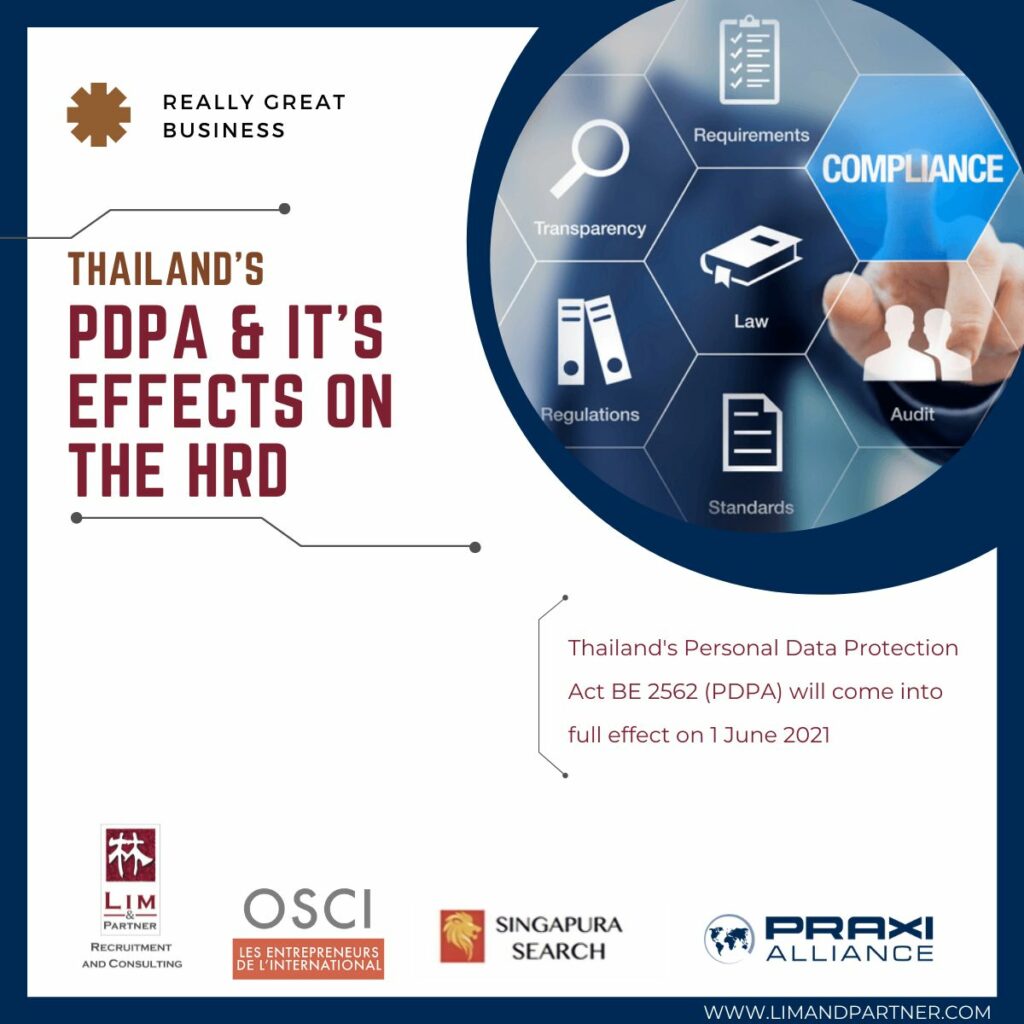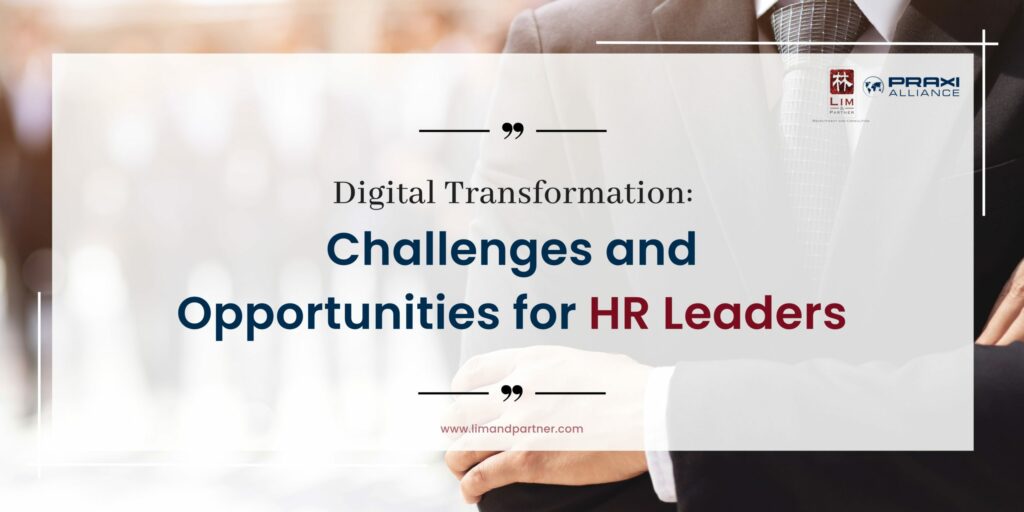If you are thinking of expanding your business in Thailand or Vietnam, but a bit unsure how to start, then this upcoming webinar is perfect for you. Lim and Partner and Source of Asia – SOA invite you to join the live webinar on 3rd November on the topic “Exploring Business Opportunities in Vietnam and […]
Category Archives: News
The Thailand Personal Data Protection Act or PDPA is set to come into force on June 1, 2022. Lim and Partner – PRAXI Alliance is all set to start a new series of articles about the impact of the Personal Data Protection Act, both from organizational and recruitment point of view. The Personal Data Protection […]
Thailand PDPA – Personal Data Protection Act PostponedThe cabinet has approved the deferral of the full enforcement of the Thailand PDPA or Personal Data Protection Act (PDPA) slated for this June by another year, with the explanation of the difficult time with the pandemic in Thailand and the legislation’s related processes have yet to be […]
No different to other countries, Ireland is experiencing the effect of the pandemic as an accelerant of the conversation around forms of work. Two issues have emerged as potential for impact at several levels in the management of staff. They are the right to disconnect and, a right to request remote working. Both are framed […]
Dear Candidate,Lim and Partner Executive Search is currently starting a new service for professionals who are considering changes in their career, and we thought you might be interested. If you are: we will accompany you throughout all the stages of job search. Our experts in the South‐East Asian job market will help you identify your […]
Lim & Partner was present in Ho Chi Minh City for the Asia Pacific forum 2023 organised by French Trade Adivsors in partnership with APM. Nearly 500 business leaders and guests were present. This forum allowed a strong and dynamic French business community, operating throughout the Asia Pacific, to meet and share their unique experiences. […]
Employees and candidates bring more than just skills and experience with them to work — they bring their personality and all the preferences, tendencies, and styles that come with it ADEPT-15® is a scientifically based assessment designed to accurately uncover the unique aspects of an individual’s personality to help organizations hire, promote, and develop the […]
The workforce is undergoing a major shift towards digital mode and work from home. This presents both challenges and opportunities for human resource leaders who need to manage the end-to-end work experience of their employees Digital transformation can bring many benefits to the workplace, such as improved communication, productivity, flexibility, and employee satisfaction. However, it […]













